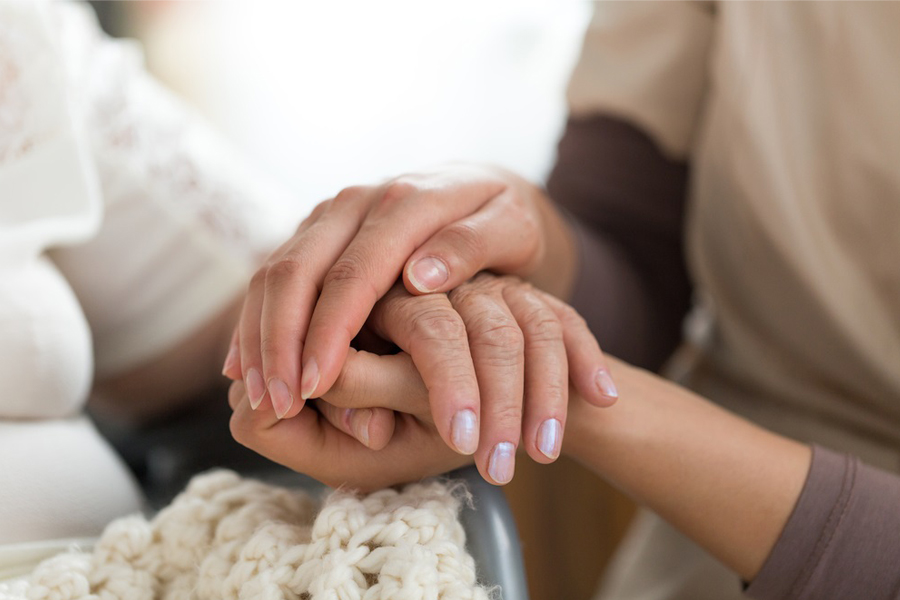Knowing yourself, and finding out what jobs or careers are out there is a good place to start if you are just starting out or if you are changing jobs, occupations or career. Getting to know yourself also gives you confidence to seek out jobs or careers that suit your skills, interests, values and strengths.
Once you get to know what you might like to do and could be good at, you can take a look around to see what is available.
You may end up doing this sort of research a number of times in your working life as your situation changes and as the world of work shifts around you. Once you know more about what sort of work will suit you, and what options are available, you will be able to continue to manage your own ever evolving career journey.
Getting to know yourself
To get to know yourself better, ask yourself the following four sets of questions. Grab a notebook if you like, and write down your answers. Think about all your experiences so far including the jobs you've had, your education, the hobbies you have and the sport you've been part of, even voluntary or community activities.
Please visit the Information and resources section of this website, where you'll find some tools that can help with this step of getting to know yourself — such as the Recognising your skills and abilities fact sheet, and the Personal and transferable skills checklist.
My values
- What's important to me?
- How do I want work to fit into my life?
- What matters most to me in a job?
My interests
- What interests, activities or roles do I enjoy?
- What about in the past?
- What do I really not like to do?
My personality
- What are my personal qualities – for example, honesty, determination, loyalty?
- Do I enjoy being around other people?
- What are my strengths?
My skills
- What am I good at?
- What am I not so good at?
Sara's getting started story
Career planning tools
Use what you learn from the following career tools to help you make positive work and learning choices. Your individual circumstances — including where you live, your family commitments and responsibilities and the stage you are at in your working life — will influence your work choices. Factoring in environmental impacts like the economy and labour market trends will also help you to make positive work and career decisions.
Owned by the Australian government, Australian Government education ministers and the Business Chamber movement in Australia, the majority of these websites are open (free) access.
Skillsroad — Helps you to get to know your skills, values and interests and possible career and study options. Suitable for young people and school students interested in career planning. This quiz can also be used by adults seeking to reassess work and career direction.
myfuture — The myfuture website helps you to get to know your skills, values and interests and possible career and study options. Most suitable for young people and school students interested in career planning. It can also be used by adults seeking to reassess work and career direction. If you are living in WA, you may need to pay to use the career tools on this site.
Job Outlook — This career quiz helps you to explore your work style and explore possible work options. The quiz is most suitable for people who have spent time in the workforce.
Job Outlook - Skills — This skills quiz helps you to look at the work skills you have used and suggests possible work options. Most suitable for people who have spent time in the workforce.

How we can help
One of the best things you can do with the results you get from using career tools is to talk through them with an impartial and professional career advisor. A qualified career advisor can help you to interpret the results and work out your next steps. Your local Jobs and Skills Centre has experience working with job seekers, career starters and career changers. They can help you to explore your options and find what's out there. All services are free, and all ages are welcome.







